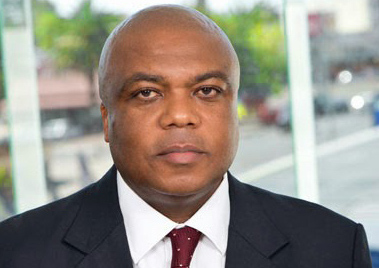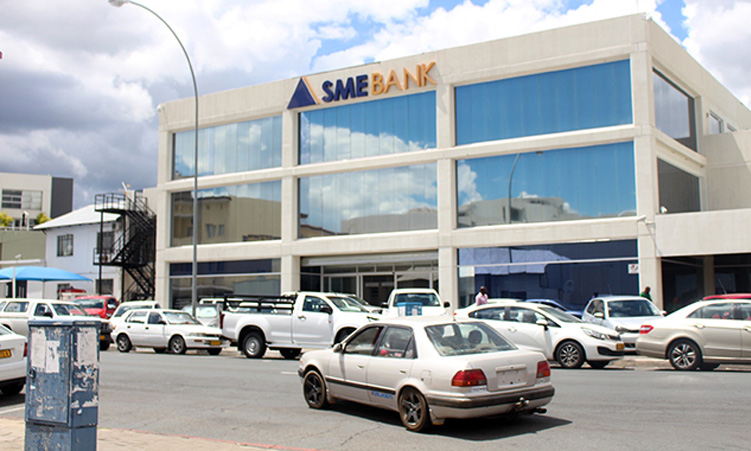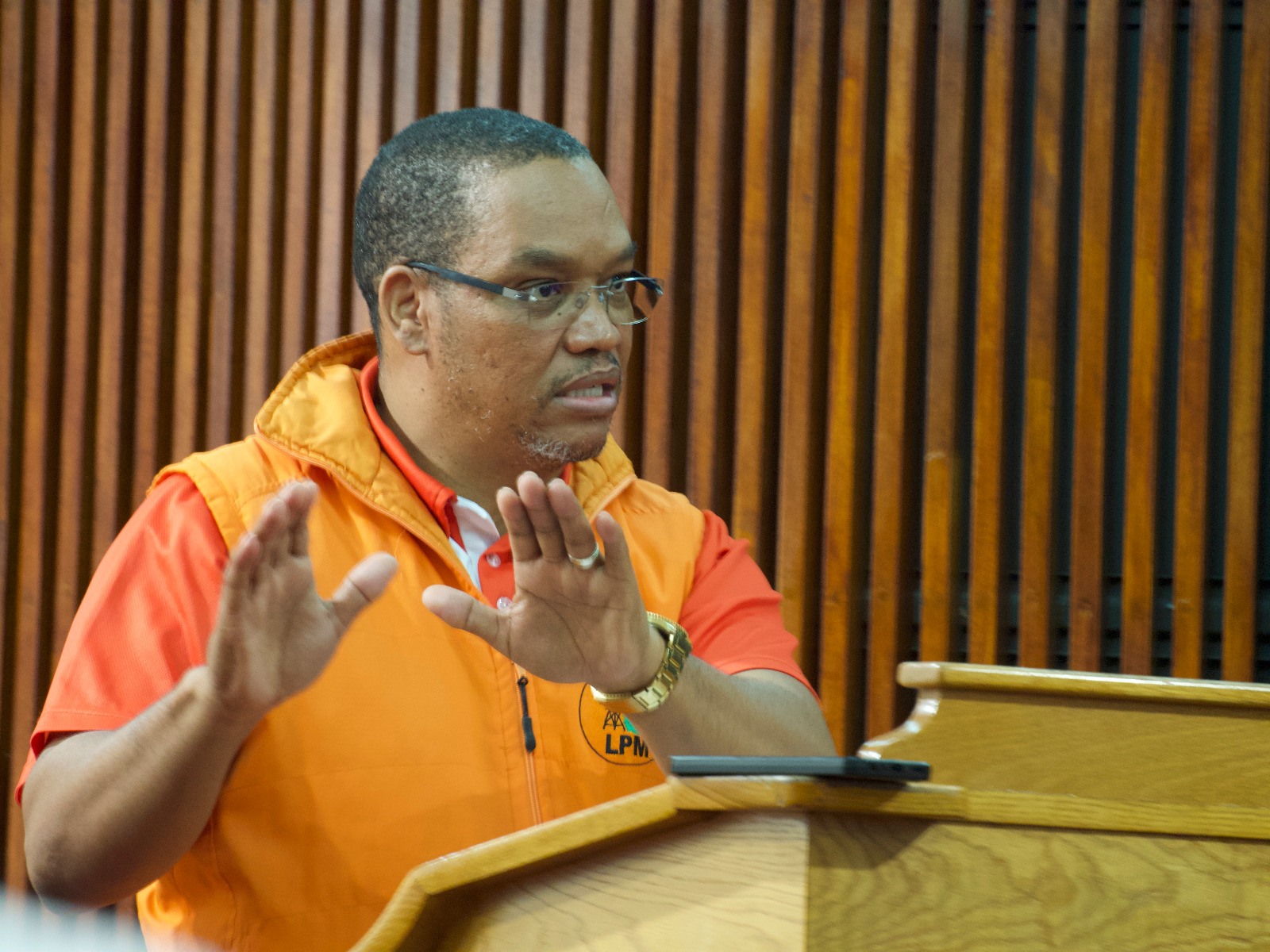Documents recording the large-scale looting of Namibia’s ill-fated Small and Medium Enterprises (SME) Bank should be provided to the prosecutor general (PG), the Supreme Court ordered yesterday.
The court made the order in a judgement in which it found that a key figure in the ill-fated SME Bank, Zimbabwean citizen Enock Kamushinda, and employees in the bank’s finance department looted the SME Bank on a massive scale before the Bank of Namibia took control of the bank in March 2017.
“The prima facie criminal conduct on a rampant scale […] is of massive proportions, involving the theft of more than N$247 million from a registered bank to the detriment of its several deposit holders and creditors,” appeal judge Dave Smuts said in the court’s judgement.
“Economic crime of this scale within the context of the Namibian economy justifies an appropriately serious response,” Smuts continued, before directing that the court’s registrar should provide a set of documents that the bank’s liquidators filed in the High Court to the PG.
In those documents, the liquidators set out in detail the results of an investigation that they carried out into the theft of money from the SME Bank.
Smuts noted that the Supreme Court was informed that no warrant for the arrest of Kamushinda has been issued in Namibia. This, he said, was while there is evidence indicating that Kamushinda not only contravened the Companies Act by recklessly carrying on the business of the SME Bank, but that numerous payments to which he was a party constituted more serious crimes like theft and contraventions of the Prevention of Organised Crime Act.
Kamushinda was closely involved in the establishment of the SME Bank and was a director of the bank and deputy chairperson of its board of directors. He left Namibia shortly before the Bank of Namibia took over the SME Bank’s operations at the start of March 2017.
In Smuts’ judgement – with which appeal judge Sylvester Mainga and acting judge of appeal Theo Frank agreed – the court also directed that a copy of its judgement and documents filed at the court should be provided to the Disciplinary Committee for Legal Practitioners.
This was ordered after Smuts remarked that the conduct of lawyer Francois Bangamwabo, who previously represented Kamushinda and two minority shareholders of the SME Bank, the Metropolitan Bank of Zimbabwe (Metbank) and Kamushinda’s company World Eagle Investments, should be investigated by the committee.

Bangamwabo assisted Kamushinda, Metbank and World Eagle Investments in court proceedings after the SME Bank’s liquidators had bank accounts of Metbank frozen in South Africa. He stated under oath that an appeal that his clients had lodged in the Supreme Court had not lapsed, after a lawyer representing the liquidators had informed him in letters during 2021 that the appeal had lapsed, Smuts noted.
In its judgement, the Supreme Court stated that orders given against Kamushinda, Metbank and World Eagle Investments in a High Court judgement in October 2020 can be executed, as the appeal that they filed against the High Court’s judgement has lapsed.
In the High Court’s judgement, acting judge Collins Parker declared Kamushinda liable for the liabilities of the SME Bank. Kamushinda, World Eagle Investments and Metbank were also declared liable for the debts of the SME Bank at the time of its liquidation in July 2017.
In addition to that, Parker granted a judgement against Kamushinda, World Eagle Investments and Metbank for the payment of N$1,02 billion to the liquidators of the SME Bank. He further granted a judgement against Metbank and World Eagle Investments for the payment of N$121 million and N$20 million, respectively, to the SME Bank’s liquidators for the two shareholders’ stakes in the SME Bank.
The orders made by Parker can be executed, Smuts stated in the Supreme Court’s judgement.
Smuts noted that the Bank of Namibia licensed the SME Bank at the end of November 2012. The central bank approved a 30% shareholding in the SME Bank for Metbank and 5% shareholding for World Eagle Investments, while the remaining 65% of the shares in the bank were held by the Namibian government, through the Namibia Financing Trust.
With their investigations, the liquidators were able to establish that more than N$247,5 million was stolen from funds held by the SME Bank, with this money mostly transferred to entities in South Africa, Smuts recounted.
He stated: “The large-scale misappropriation of SME Bank funds was, according to the compelling evidence provided by the liquidators, perpetrated by Mr Kamushinda and identified individuals who were employed in the finance department of the SME Bank, all of whom were, like Mr Kamushinda, Zimbabwean nationals.”
He also recounted that the liquidators provided evidence that some of the stolen money was in turn transferred to the companies Crown Finance Corporation and Heritage Investments, which were both owned or controlled by Kamushinda.
Smuts commented: “Quite how this systematic looting of a registered bank was able to proceed over such a sustained period raises questions concerning the efficacy of the regulation and supervision of the SME Bank by [the Bank of Namibia], especially after the SME Bank’s external auditors raised concerns about investments totalling N$196 million with a South African concern and drew these concerns to the attention of [the Bank of Namibia] more than six months before the latter took over control of the SME Bank on 1 March 2017.”
No lawyers representing Kamushinda, Metbank and World Eagle Investments appeared in the Supreme Court when an application by them to have their appeal against the High Court’s judgement reinstated was heard two weeks ago.
The SME Bank’s liquidators were represented by senior counsel Raymond Heathcote and Jesse Schickerling.
Stay informed with The Namibian – your source for credible journalism. Get in-depth reporting and opinions for
only N$85 a month. Invest in journalism, invest in democracy –
Subscribe Now!










